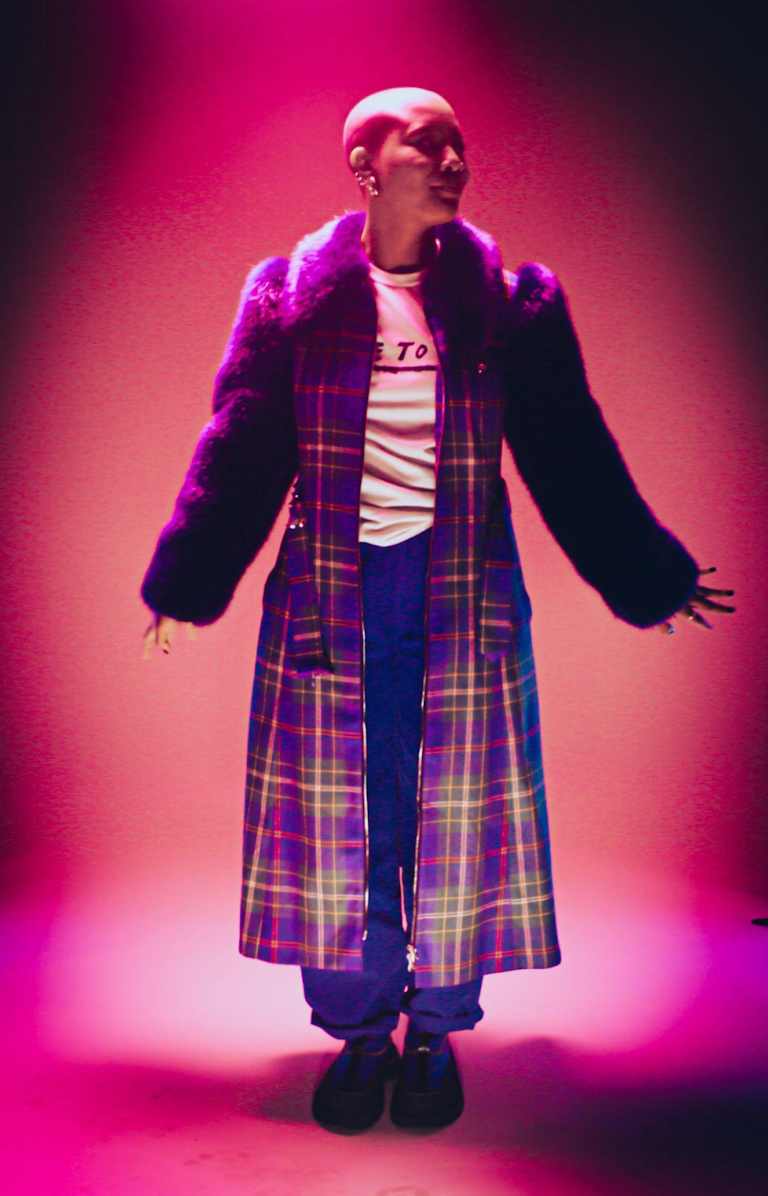South London lover
Specificity is really important. When a show is situated within a specific place and world, you can feel the humanity in the situation and you feel something towards the characters. Normal People was set in Ireland and you could recognise these two young people falling in love, and even though that wasn’t my life I could feel the love and intensity they shared and be moved by their experiences.
With my novel there is a real specificity: we are in south London. You could say I am obsessed with writing about it and don’t want to leave it, but it’s important to me. The specificity doesn’t need to hinder mass engagement, audience or reach. I feel people can connect with Rosewater because they know what it is to be figuring
out where they fit into the world, or how we might have been impacted by the way we were shown love, in how we give love and show up.
The worlds that inspire me
There are lots of production companies, especially in the US, that I think are doing really amazing stuff. Lena Waithe’s company, Hillman Grad, is doing incredible stuff across books, film and TV. I think there’s an appetite and a space over there for the stories that obviously exist here, too. But in the US, I think there is more of an appetite and economy for a wider breadth of diversity in storytelling, which I find incredibly inspiring.
There is so much great work that exists in lots of different spaces and I try and consume as much of it as possible. One of the authors I love is Nicole Dennis-Benn, author of Here Comes the Sun, and reading that was the first time I’d seen myself reflected in some way. She is a queer Jamaican woman and when I read Here Comes the Sun it was something I hadn’t seen before. Reading one of the poems about a Guyanese dish made me cry as it captured the essence of what that stands for from a cultural perspective.
The main character in Rosewater is a poet so my friend Kai-Isaiah Jamal, who is an incredible poet, wrote poems for my book. When I was imagining the main character’s voice, in my mind I could hear Kai, their sensibility and the way they tell stories in a way that is so incredibly moving.
Future worlds
When I was younger and running gal-dem, I remember saying I wasn’t going to be doing this forever. It is designed to exist beyond me and my personal desires for that community. As much as I’m in a different phase now, with its new team it will continue to evolve. I think
I always knew there were lots of things that I wanted to try. You have to lean into that part of life, accepting that things change. I am moving into this next chapter.
It is a treat to be able to write and have people read your work. I often joke that I have a fake job as I wonder: how is this real life? It is a huge privilege to share my writing and work with the world. I’m still learning and evolving as a writer but I want to progress and have that impact in my worldbuilding moving forward. Through every project, there can be an evolution or development. When I started gal-dem, all that energy and youthfulness helped to get that idea off the ground. But you can see the formats that I use to tell stories have changed, and I have moved away from the journalism space. It’s a process.
